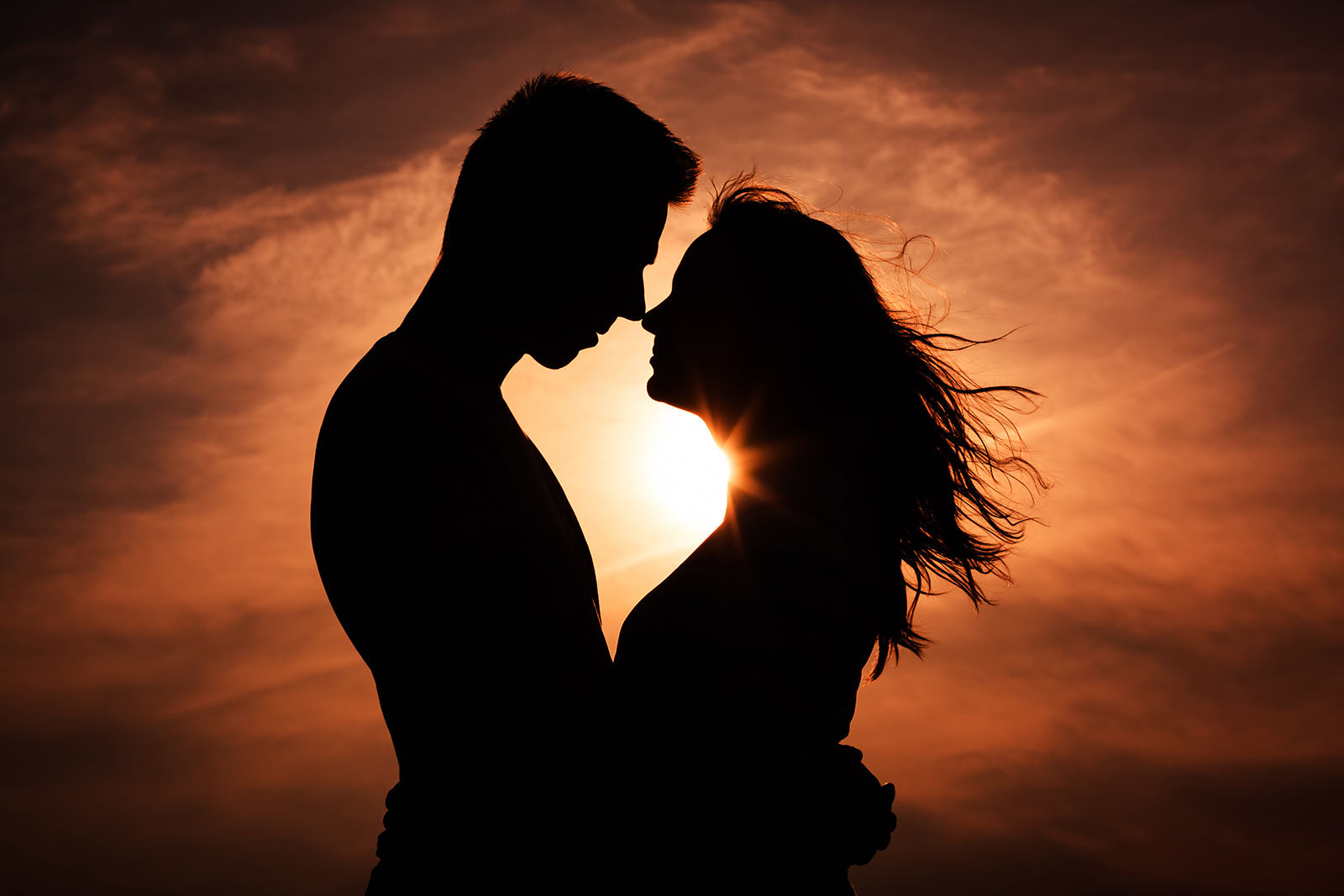If you don't feel beautiful, you haven't gone deep enough.


Have you ever felt embarrassed, let down, less than, foolish, or ashamed? Have you ever felt like a fraud in your life, work, or relationships? Have you ever made a mistake and had enormous difficulty letting yourself off the hook--you know, forgiving yourself for not being perfect in some way? I've found these to be practically universal experiences in people I've worked with over the years--and they're not entirely bad. In fact, not feeling these shame emotions at all is often a sign of pathological narcissism, or even sociopathy--both particularly nasty forms of personality disorders. Our capacities for critical self-observation come from being social and human.
- Being social means we have standards that we learn from modeling and approval/disapproval from our parents and others growing up. When we observe ourselves violating standards, our nervous systems go into shame reactions.
- Being human means we can use our super-powered brains to imagine ourselves way more unacceptable or unattractive that we really are when we feel bad (most of the time when we feel publicly humiliated, other people don't seem to care all that much and quickly move on even if they are put off).
- Most big shame/guilt/"This is the worst ever mistake!" reactions are actually attempts to avoid actually facing what's really going on. Psychologically, amplified self-criticisms are often indirect expressions of anger at the pain ("It's not fair that I feel so bad!"), and/or stubborn unwillingness to accept that we screwed up (if I make a little mistake into a colossal, catastrophic mistake, I can recruit people into telling me I did nothing wrong, and eventually dismiss the whole thing).
What to do?
I often suggest to someone who suffers from self-hatred, "Let yourself feel the shame/regret/guilt/anger/hurt, and really look closely at the ugly story you're telling yourself." If someone can keep reaching deeper, looking for insight and guidance rather than rationales for further self-flagellation, at some point they start to feel beautiful! That's right! Mostly, if we go deep enough into who we really are, we eventually experience ourselves as beautiful--which isn't surprising, since we're all embodied souls mostly doing our best to live good lives. Another way of saying this is, if you don't feel beautiful, you haven't gone deep enough. Try this out when your screw up, feel embarrassed, or just wake up thinking "I'm such a loser!" Don't run away from your experience, but instead examine it. Keep feeling the sensations in your body, attending to the stories that arise, and reaching for deeper truth and compassion. If you stick with this, you're likely to begin to feel blooms of peacefulness, joy, and satisfaction begin to well up--there's often a sense of being part of a larger, more loving whole that's somehow connected to everything, with an emerging clarity how your mistake fits into a better story about you. If you go deep enough, you'll begin to feel beautiful.

We humans take the drives and turn them into art, and arguably the oldest art forms we have are the mythic stories beginning with the ancestral tribes. I believe the human pair bond is the fundamental driver of much mythology.
Why do so many myths from around the world have to do with two enduring themes--the hero's journey and romantic love? The pair bond that emerged 5 million years ago is a big part of the answer. When we came down from the trees on the savannahs of ancient Africa, a woman with a child could no longer easily leap into trees with an infant or young child. The pair bond evolved so there was a man who would risk his life to protect her and her children. The human species evolved as pair bonded families, living in tribes bonded by blood kinship.
Since we are the story telling species, humans have generated endless stories of romantic love and individual sacrifice for family and tribe. These stories have progressed over the years into the mythologies of all cultures everywhere. The Iliad and the Odyssey, the Arthurian legends, and the Greek myths are all examples. The themes of romantic love (including seduction and betrayal), service to the tribe, and sacrifice for the greater good emerge again and again.
We see it today in our art and music. All you need is love, love makes the world go round, When Harry met Sally, and on and on. The pair bond is at the core of what makes us human.
I invite you to check out this conversation I had with Kevin Bates on his Truth Junkie podcast a few weeks ago. We explored the evolutionary roots of the Hero’s Journey, what Integral psychology has to offer psychotherapy, and how people grow and change. I l love what Kevin’s done with his Truth Junkie podcast and was honored he invited me to contribute. You can hear our conversation here.